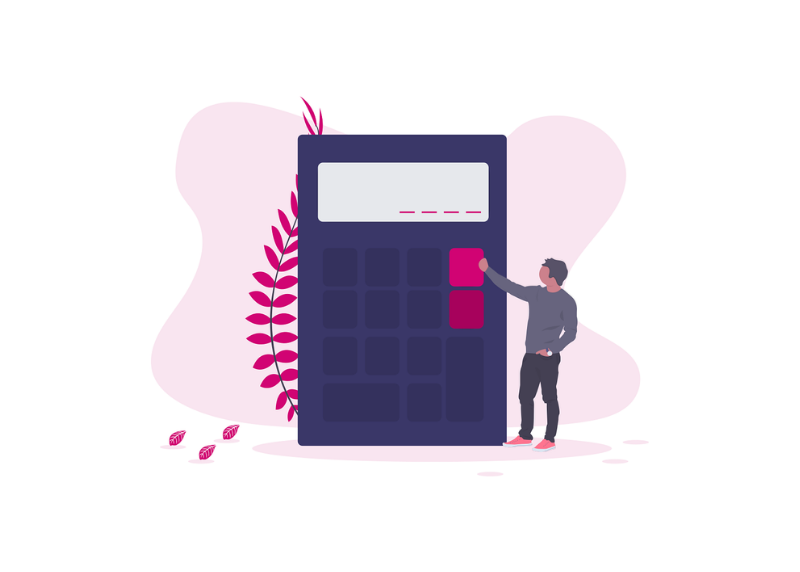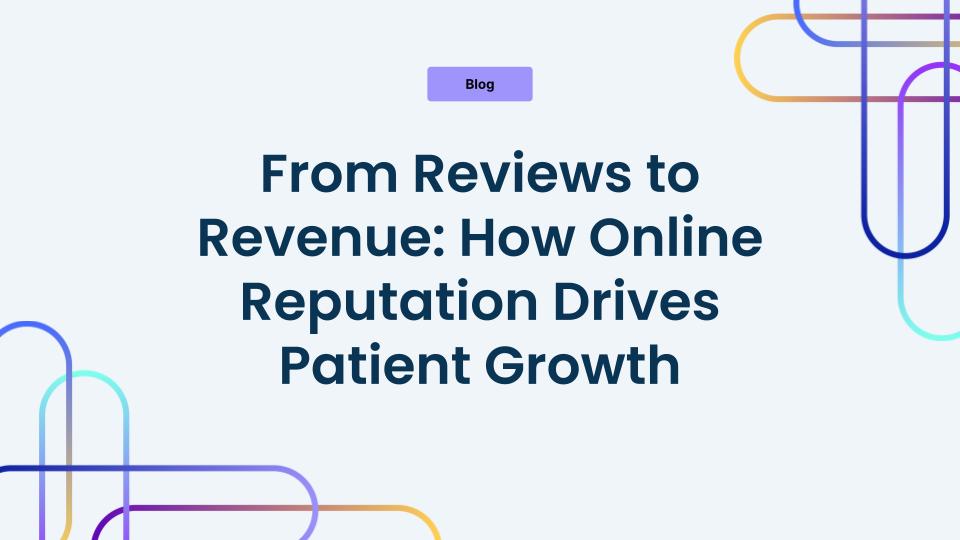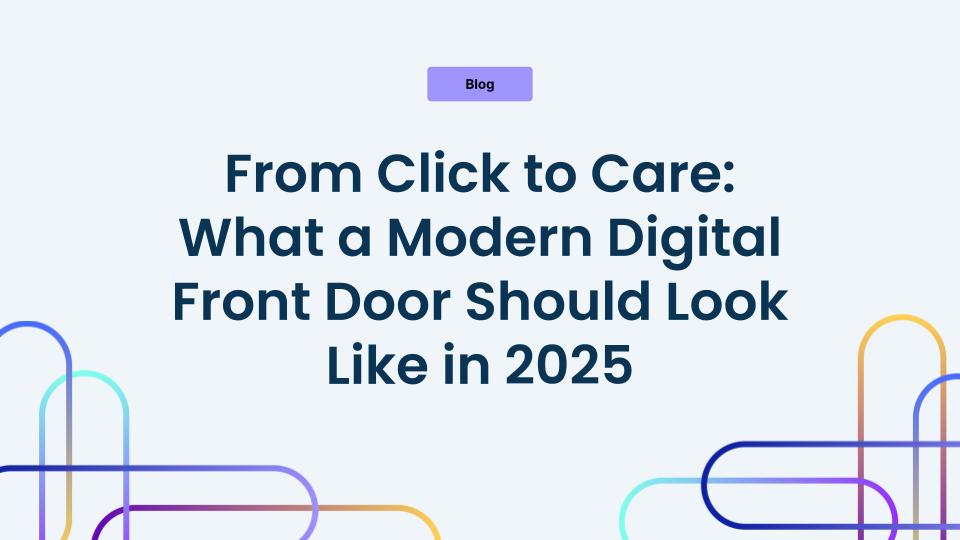How do you know if a chat platform is providing a good return on investment (ROI) for your healthcare system? After all, we all want to whether you’re getting your money’s worth from new technologies. So where do you start?
Here are 4 key performance indicators (KPIs) to consider:
1. Cost Savings
Unsurprisingly, saving money is an important marker of ROI. Here are some examples of cost savings to look for with a chatbot:
- Reduce cost per interaction – For chatbots and live chat, the cost per chat is less than the cost per call center interaction.
- Reduce call hold times – Better customer service means fewer calls are abandoned — and fewer customers lost.
- Increase revenue-generating calls – Chat handles simple FAQ-type queries, so call centers can focus on queries that lead to new patients and increased revenue.
2. Conversions
Whether you want your patients to make an appointment or pay a bill, action matters. When evaluating chatbot ROI, check out conversion indicators:
- Online appointment scheduling – Online booking is easier than ever with chat and tracking conversion rates will show that your patients think so too.
- Online bill pay – Simplifying the process for patients to locate and pay bills online means increased revenue.
3. Operational Efficiency
When it comes to designing a health system website, efficiency is always a goal. Chat platforms can boost efficiency in several ways that provide a real return on your investment:
- Flexible agents – Instead of interacting with callers one at a time, call center agents can handle 4 or 5 chats simultaneously.
- Website optimization – Chat platforms are naturally designed to gather data from visitors. Data can be analyzed to better understand what patients are looking for, helping you determine what areas of your site need improvement.
4. Satisfaction
Patient satisfaction is an important indicator of success, and happier patients lead to loyal patients. Consider these examples of ways that chat can improve satisfaction for patients (and staff, too):
- Streamline communication – Chat provides a self-service communication channel to patients, available 24/7.
- Gather feedback – Chat platforms can collect patient feedback about the quality of the chat experience.
- Instant Answers – Chat allows patients and customers to receive answers to important questions without the wait, which leaves them happy and satisfied.
Chat platforms can help health systems provide successful, cost-effective customer service and communication. Understanding which KPIs are relevant and important to your health system is the first step in understanding the value that a chat platform can have with patient satisfaction, operational efficiency, conversions, and cost savings.




